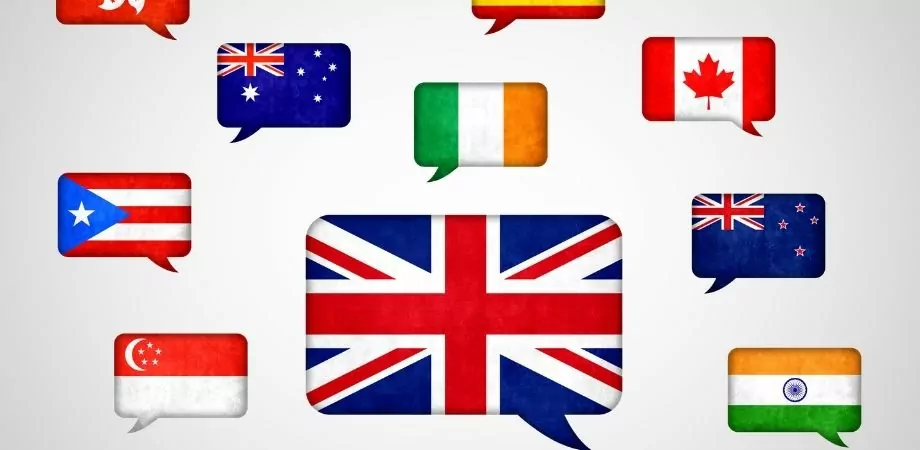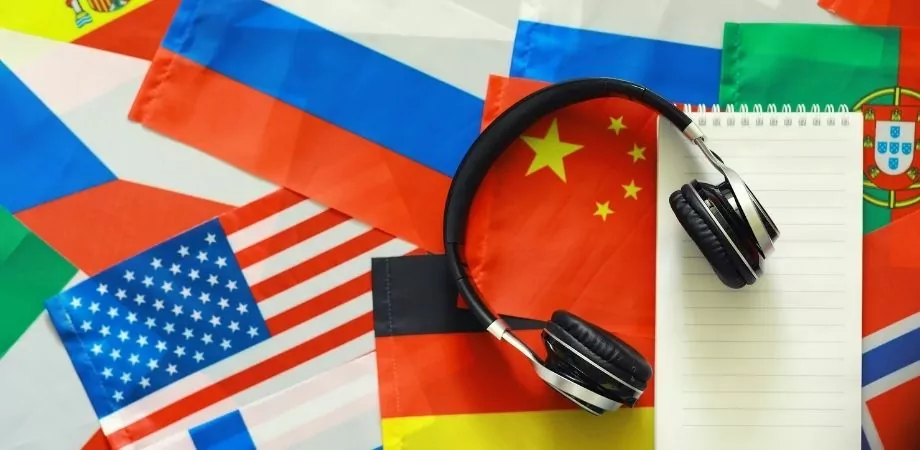The United Nations (UN) is a global organization of 193 member countries. It was founded in 1945 with a mission to promote peace and justice around the world. The UN uses a system of official languages to communicate with its members. The official UN languages encompass six languages used in meetings and all official documents. Gaining official status as a language within the United Nations requires a majority vote from the 193 member states. The recognized official languages comprise four specific languages acknowledged as the official or national language of the permanent members of the Security Council: Chinese, English, French, and Russian. The remaining two languages hold official status due to the majority of speaking countries: Arabic and Spanish. The official UN languages play a crucial role in supporting the organization’s international efforts and facilitating communication. Translation services have an important role in facilitating effective communication across these languages.
What are The Official UN Languages?

The official UN languages include Arabic, Chinese, English, French, Russian, and Spanish, employed in everyday professional communication, meetings, and official documentation. English and French additionally function as the working languages for the United Nations Secretariat.
These six languages play a crucial role in facilitating communication among various UN bodies, reflecting global diversity.
1. Chinese
Chinese, one of the six official UN languages, is commonly communicated using the Mandarin version. Mandarin, adopted as the official language of the Republic of China in the 1930s, was added to the UN’s list of official languages in 1945, but it wasn’t recognized as a working language until 1973.
2. English
Accepted as an official language of the UN in 1945, English is not only the most widely used among all UN languages but has also gained recognition as a global language. In 2016, around 1.1 billion individuals used English as either their primary or secondary language, and with 400 million native speakers worldwide, it ranks third among the most widely spoken native languages globally.
3. French
Upon its establishment in 1945, French was appointed as one of the six official languages of the UN and has been actively utilized ever since. It holds official status in 29 countries globally, with an estimated 274 million proficient speakers. Within the UN languages, French holds the distinction of being the second most spoken.
4. Russian
In 1945, Russian, a member of the Indo-European language family, gained recognition as one of the official UN languages. However, its acceptance as the working language of the General Assembly occurred in 1968. With 250 million speakers globally, Russian is selected as the most spoken Slavic language.
Russian is globally positioned as the seventh most spoken native language and the eighth most spoken language overall.
5. Arabic
Arabic, acknowledged as one of the official UN languages, was not granted official language status during the organization’s establishment. Instead, it received formal recognition as an official language and a working language for the General Assembly in 1973. Presently, Arabic encompasses 32 distinct varieties and is spoken by an estimated 422 million individuals.
6. Spanish
Since 1945, Spanish has maintained its official status at the United Nations. Given its significant global standing, the UN has selected Spanish as one of its initial languages, with the prevalence of Spanish as a native language in UN member countries like Mexico, Argentina, Colombia, and Spain playing a crucial role in this choice.
Approximately 463 million people worldwide are estimated to have Spanish as their native language. Furthermore, Spanish ranks as the fourth most learned second language, with 75 million individuals acquiring proficiency in it.
How were The Official UN Languages Chosen?
The United Nations (UN) chose its official languages in 1946, selecting English, French, Chinese, Spanish, and Russian. The reasoning behind these choices can be explained as follows:
- English: English played a crucial role as a language in the establishment of the United Nations.
- French: Possessing a robust historical standing as a diplomatic language, French was included among the UN’s official languages.
- Chinese: Chosen as the most widely spoken language according to the world population. This decision was made considering the extensive speaker base and global influence of the Chinese language.
- Spanish: Selected as a language due to being the official language in 20 countries.
- Russian: Included because the Soviet Union was a significant political player at that time.
In the following years, Arabic was also accepted as an official UN language. Alongside these five languages, Arabic is among the six official UN languages.
Official vs. Working Languages
The United Nations (UN) uses both official and working languages. Official languages refer to the languages utilized in public documents, meaning that every public communication is published in all six official languages. Working languages are the languages used for internal communication between UN staff. Initially, only English and French served as the working languages during the inception of the UN, but the count of official languages has expanded since then. Presently, the Secretariat continues to operate with English and French as its working languages.
Today, the six official UN languages are used both in public documents and in communication among staff. Therefore, the distinction between official and working languages has gradually diminished.
How Does Language Work at the UN?

The UN system consists of five main organizations, namely.
- General Assembly
- Security Council
- Secretariat
- Economic and Social Council
- International Court of Justice
Despite having six official languages, any delegate has the liberty to address any of these languages, and the speech is promptly translated into the remaining five. However, if a delegate chooses a language outside the six official ones, they must provide either an interpreter or a written translation.
Concerns have been raised regarding language equality, with English and French continuing to be the predominant languages across the UN. Spanish-speaking countries protested in 2001 against the UN’s preference for English due to “increasing imbalance”. Some countries have argued that the UN is unable to translate its documents into the six official languages and that English is generally preferred. While this points to problems with translation costs, it also raises the concern that millions of people are denied access to UN information because of the translation imbalance.
Will There Ever Be a Seventh Official UN Language?
In the history of the UN, only one language has been added to the original five official languages: Arabic. The UN could theoretically go up to seven official languages, but this process mostly requires UN members to vote and cover the costs of translation of the new language. This decision could cost millions of dollars and could influence countries to vote according to the importance of the language. In the case of the adoption of Arabic as an official language, Arab countries had committed to cover the costs of implementation for the first three years.
What are “Language Days” at the UN?

The United Nations Department of Global Communications has organized Language Days for the six official languages. These events aim to celebrate multilingualism and cultural diversity and to promote the equal use of the six official languages throughout the organization. The various UN stations fulfill these objectives by organizing various events on the days allocated for each language. In addition, interpreting services contribute to the successful realization of these language days. These days are as follows:
- Arabic (18 December)
- Chinese (20 April)
- English (23 April)
- French (20 March)
- Russian (6 June)
- Spanish (23 April).



